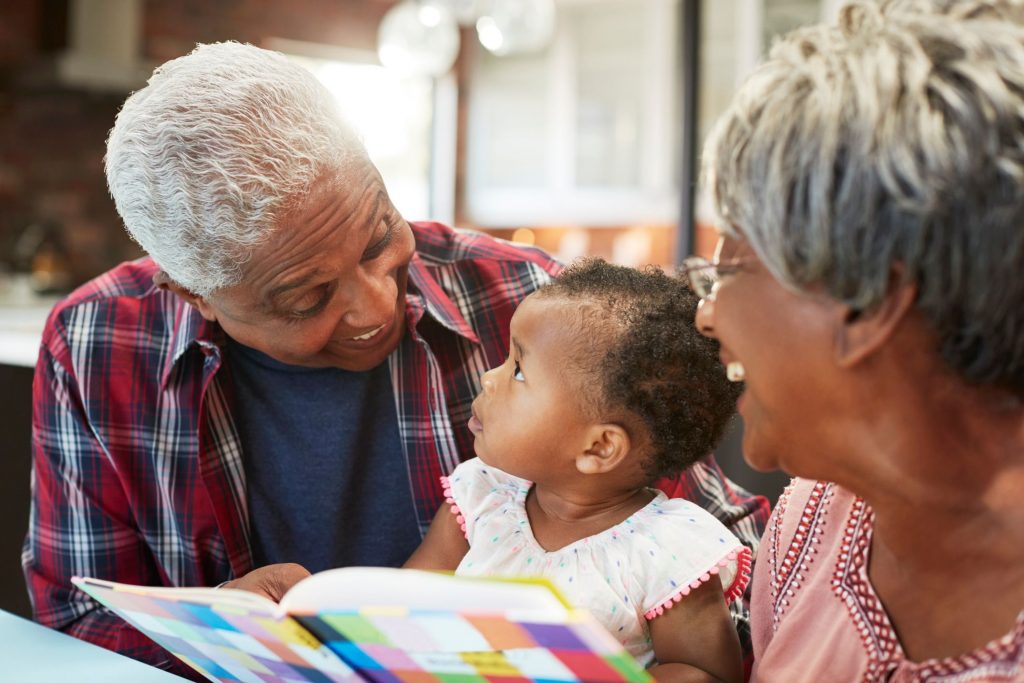
What’s the difference between guardianship and kinship care?
Guardianship is a legal process that allows a designated person to have responsibility for a child and the authority to make decisions on her or his behalf. Kinship is when the guardian is a relative or, in some cases, a close family friend.
The guardian in both of these options is responsible for the well-being and care of the child and is able to make decisions for her or him, whether it be medical, personal, schooling, or living arrangements.
- Preserving Family Ties – Kinship care is often recommended so that a child is given a chance to maintain relationships with extended family in a safe and familiar environment.
- Preserving Cultural Identity – Kinship care can also aid in keeping cultural identity and community connections. Children in kinship homes are more able to maintain their cultures and customs.
- Permanency and Stability – Children in kinship care are less likely to change schools and have fewer placement changes. The child is given increased permanency and stability that can aid in general well-being and contentment with her or his personal normal.
Maintaining family connections and cultural customs is critical for children as it provides a sense of belonging. A sense of belonging and permanency during the formative years of the child can help improve her or his mental health, both as a child and later as an adult.
Kinship Care: Working with Family
There is often a cautionary tale associated with working with family because of the emotional ties involved. Kinship care providers take children into their homes purely based on emotion; in most cases, they don’t have the time, ability, or heart to weigh out options and make an informed decision.
There is the potential for a strain on the relationship between the parent and caregiver because it is inevitably challenging to trust another person with your child. While trusting someone with your child, whether s/he is family or not, is difficult, there are ways to smoothen the transition. Involving your child’s grandparents in her or his life is one way. Being open and having a mutual understanding that navigating uncharted territory will be difficult is a start.
Navigating Government Benefits
There are resources available to help kinship guardians. Benefits can include:
- child care assistance
- housing assistance
- food vouchers
- guardianship assistance programs
These can afford caretakers the time and money needed to successfully care for children. Temporary Assistance for Needy Families (TANF) is often available financial support to families with children being raised by extended family members, like grandparents, and close family friends.
Grandfamilies.org also offers a state fact sheet that allows grandparent caregivers access to the resources and options available to them in their particular states.
While there are pros and cons to any and every decision, when choosing kinship care for a child, there are benefits for the caretaker as well as the child.
By Annie Newsome

